GLACIER is a large network encompassing 18 higher education institutions, research institutes and public stakeholders from eight Latin American countries as well as eight higher education institutions from Germany.
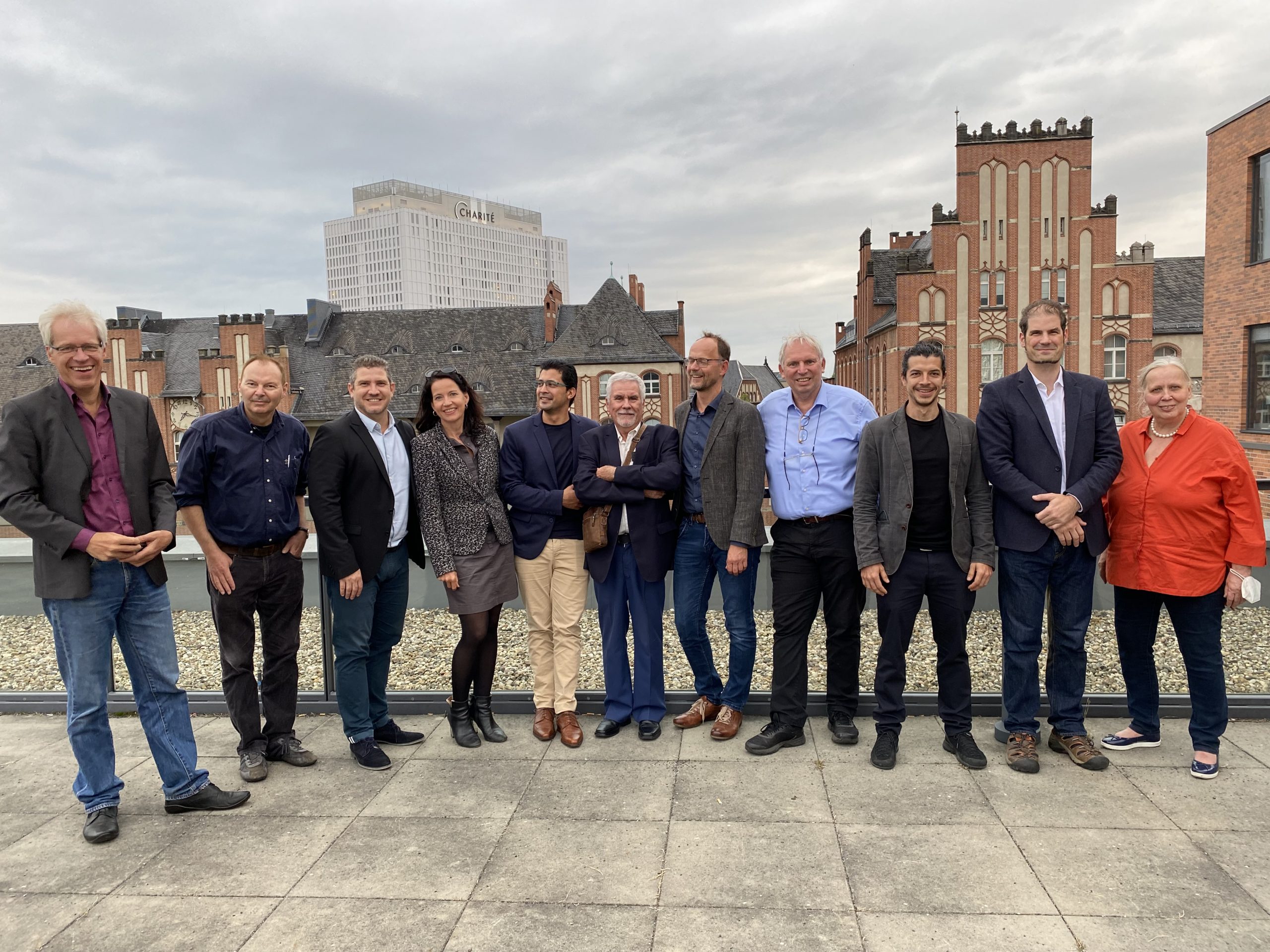
GLACIER – German-Latin American Centre of Infection & Epidemiology Research & Training is a large network encompassing 18 higher education institutions, research institutes and public stakeholders from eight Latin American countries as well as eight higher education institutions from Germany. GLACIER represents the fusion of the Berlin-led pandemiology, and the Halle-led research on immunology and bioactive compounds research. The consortium encompasses Latin American countries and higher education institutions and is synergistic in research and training efforts.
In close partnership with scientific institutions in Mexico, Cuba and Central America, the health centre follows a holistic “One Health” approach. Various disciplines – from virology to vaccine and drug research to social sciences – work together in close cooperation with national and international institutions involved in preventive health care and pandemic control. In total 35 partners in eight countries and five additional expert groups from Germany are involved in the centre.
The GLACIER multidisciplinary consortium aims to strengthen the prevention and treatment of communicable diseases and the development of new vaccines and therapies. It also aims to improve crisis preparedness, response and post-crisis care. GLACIER is operated under the joint leadership of the the Institute of Virology at Charité – Universitätsmedizin Berlin and the Institute of Medical Immunology at Martin Luther University Halle-Wittenberg (MLU) in association with the Leibniz Institute of Plant Biochemistry (IPB). Central partner institutions in Central America are the region’s leading universities, the University of Havana (UH) and the Independent National University of Mexico (UNAM), each of which will host central research and training laboratories. The international and transdisciplinary dimension of pandemic preparedness and response will also be strengthened by 35 partners in a total of 8 Central American countries and five additional expert groups from Germany. GLACIER aims to work towards strengthening capacities in the Latin American region by (i) serving as a think tank supporting a multidisciplinary network of institutions in 8 Central American countries, (ii) helping to build local research capacity, (iii) increasing the number of well-trained experts/scientists and trainers, and (iv) engaging regional and international policy makers, enabling information dissemination and faster regional crisis response.
See our image film here.
DIGI-FACE is proud to present its 2026 course offering - a focused programme designed to strengthen digital teaching practices, research capacity, and innovation in higher…
Newsletter DIGI-FACE à télécharger en français ci-dessous We’re excited to share the seventh edition of the DIGI-FACE Review (February 2026) with our community! This latest newsletter captures…
From left to right: Valeria Yogo, Khatibu Mgunya and Matilda Munyoroku, SCO’s MBR graduates, December 2025 Three students of the inaugural Master of Business Research…
As we step into a new year at DIGI-FACE, we know our members are excited about what’s ahead. This year brings fresh ideas, new opportunities,…
CEMEREM's Decade of Impact on Mining Education at Taita Taveta University (Home of Ideas). Students assured of optimal exposure to modern survey equipment throughout their…
The UKUDLA Summer School 2025 marked the first of five Summer Schools aimed at building sustainable and resilient food systems in Africa. Hosted at UWC…
CALL FOR APPLICATION FOR ADMISSION AND AWARD OF GERMAN ACADEMIC EXCHANGE SERVICE (DAAD) SCHOLARSHIPS FOR AN INTEGRATED MASTER PROGRAM FOR SUSTAINABLE TRANSFORMATION OF RURAL AREA…
The African German Centre of Excellence UKUDLA invites applications for PhD scholarships in the area of sustainable, resilient food systems and data science. Scholarships will…

Kick-off meeting, 25. August 2021 Berlin. Photo: Charité
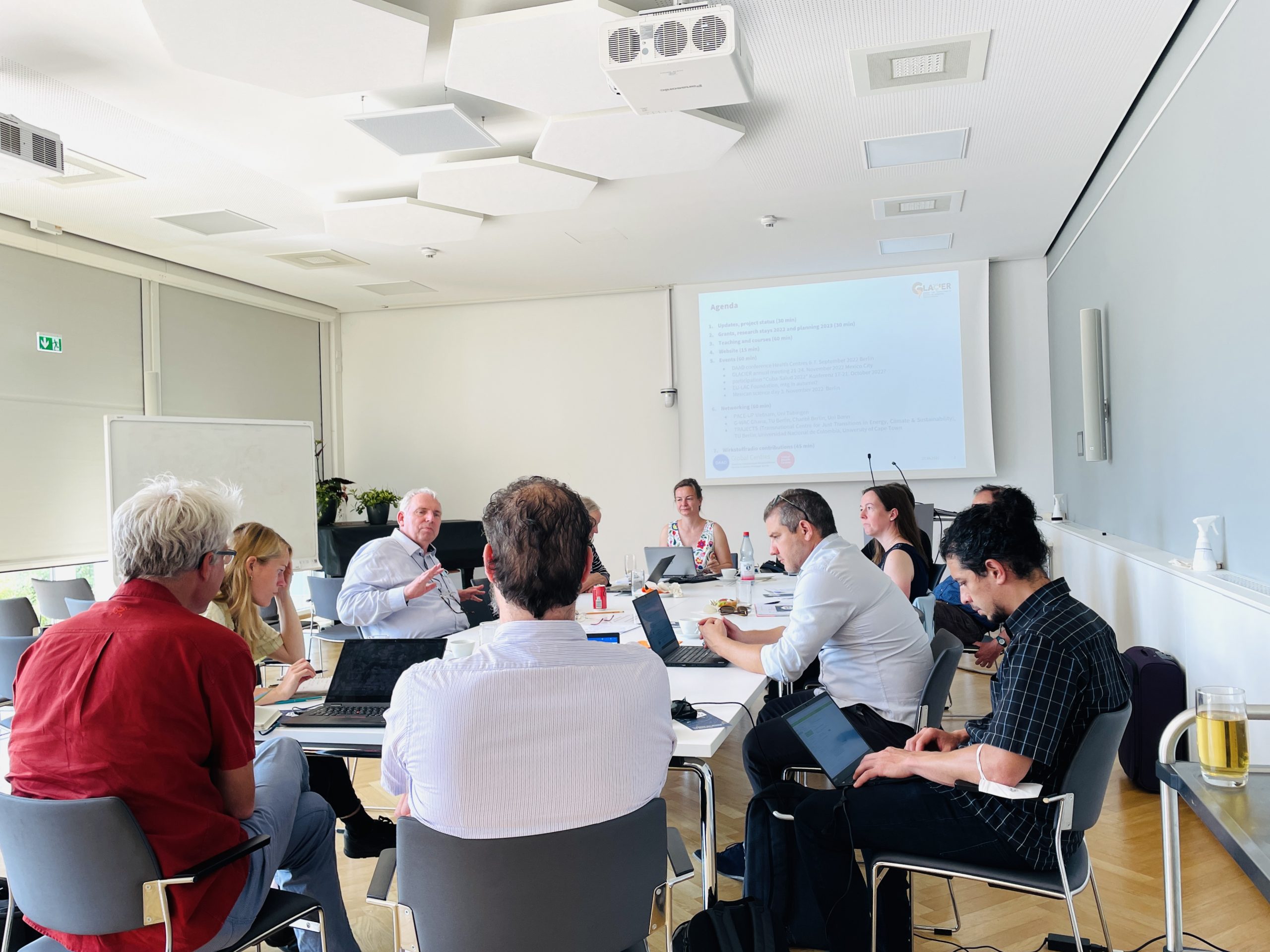
Project meeting at the IPB, 27. June 2022, Halle (Saale). Photo: Stefanie Bandura
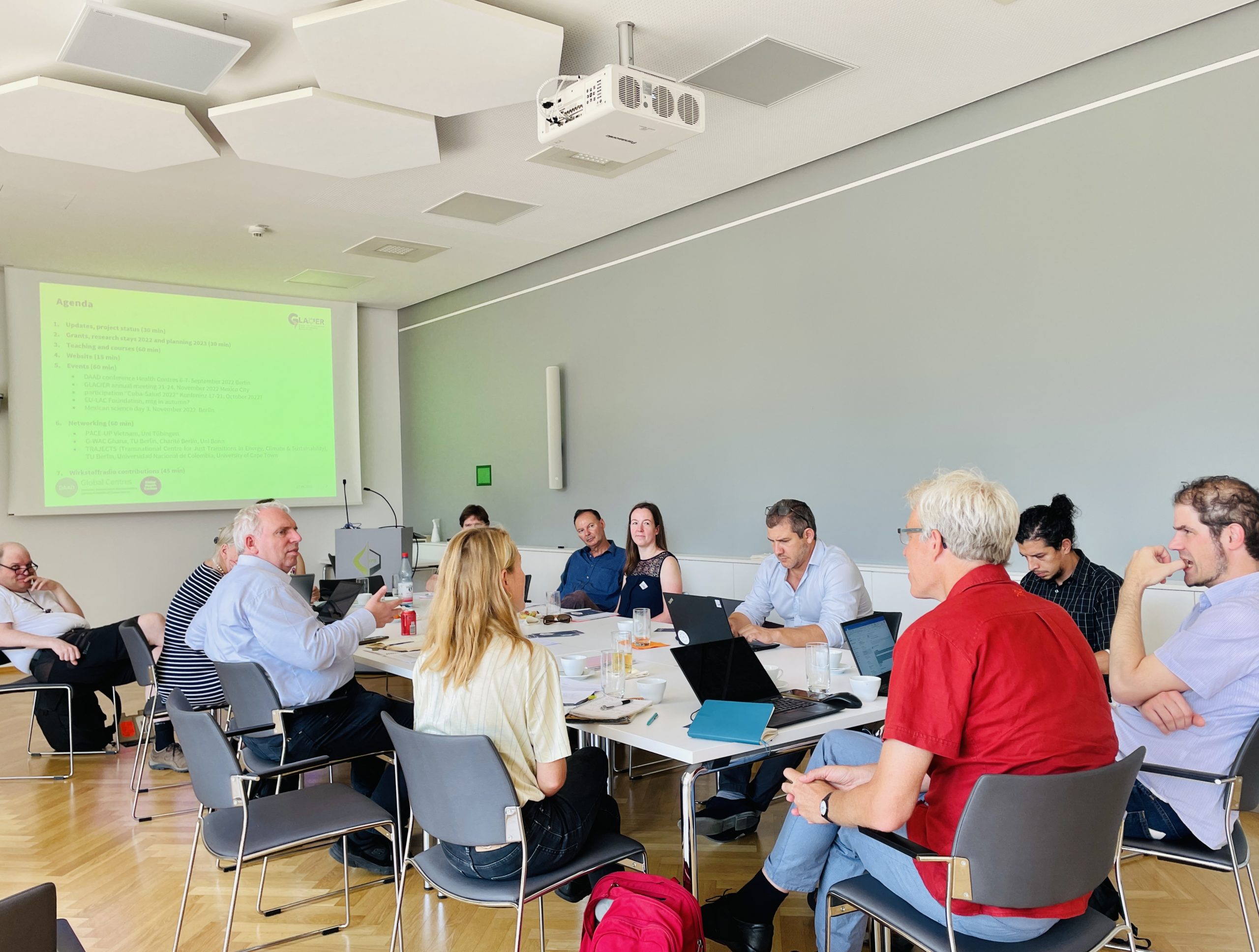
Project meeting at the IPB, 27. June 2022, Halle (Saale). Photo: Stefanie Bandura
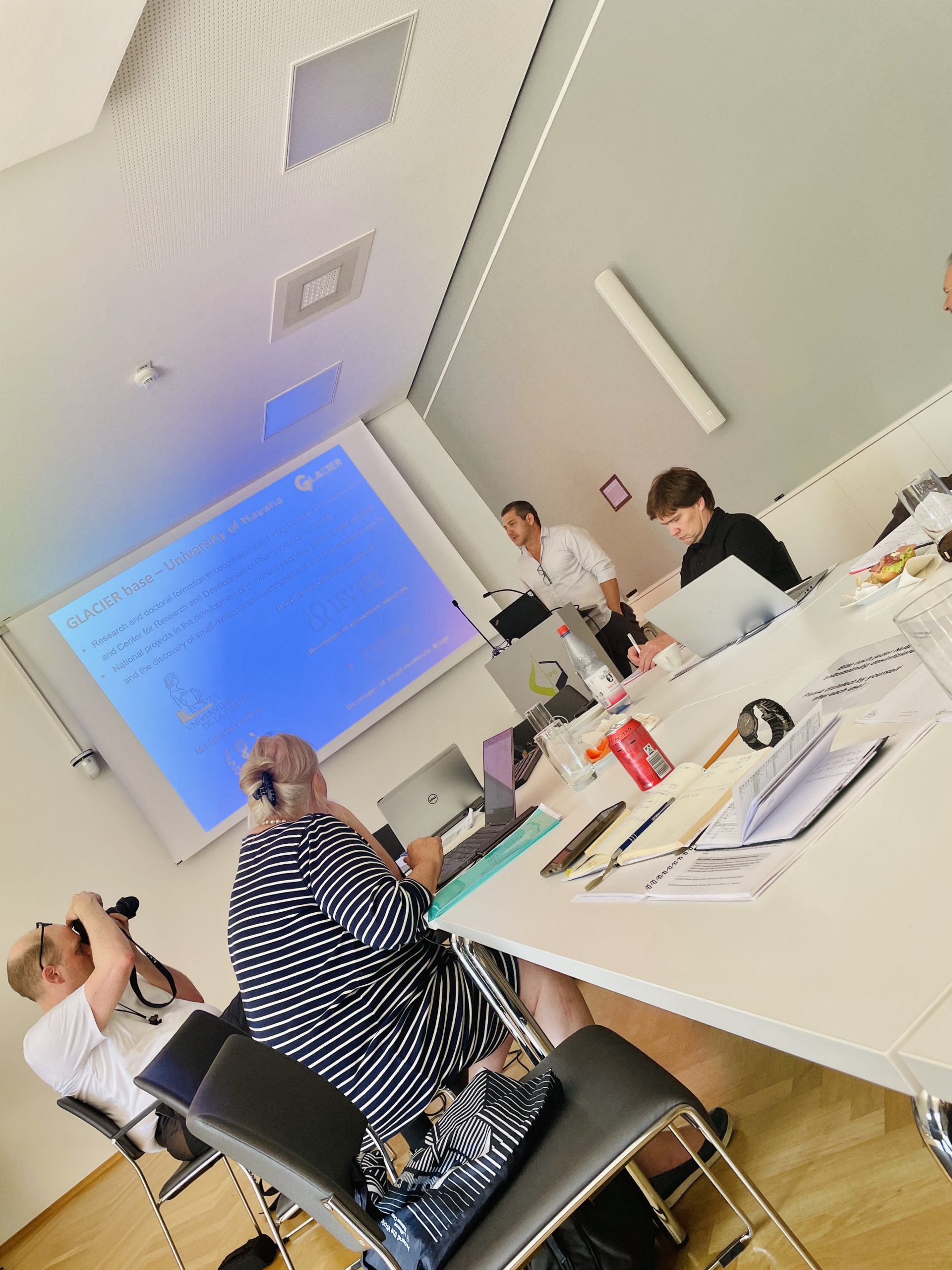
Project meeting at the IPB, 27. June 2022, Halle (Saale). Photo: Stefanie Bandura
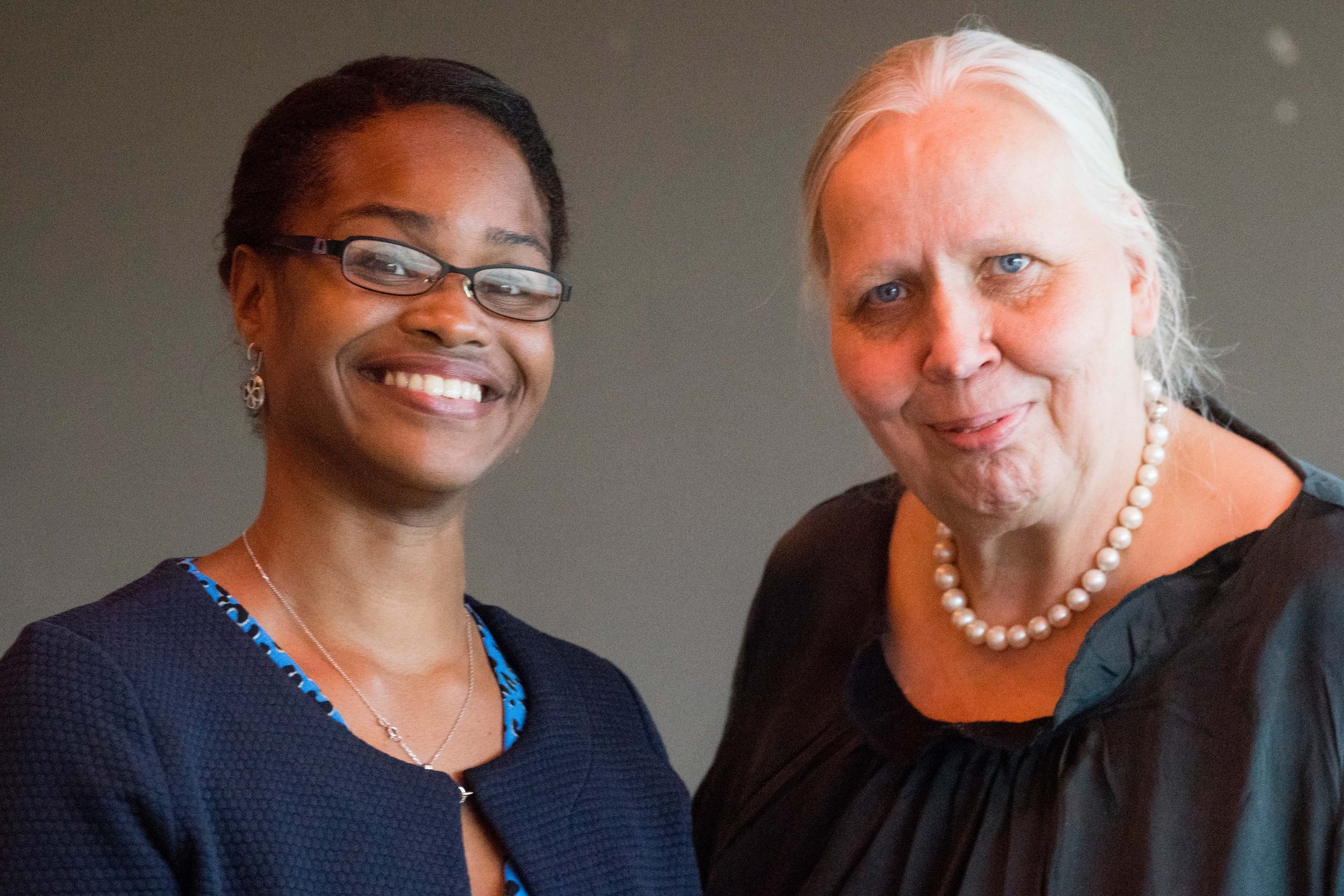
Professor Barbara Seliger with Rocmira Perez Nicado, GLACIER scholarship holder at the TIMO conference, 7. July 2022, Halle (Saale). Photo: Michael Hötzel DGPh
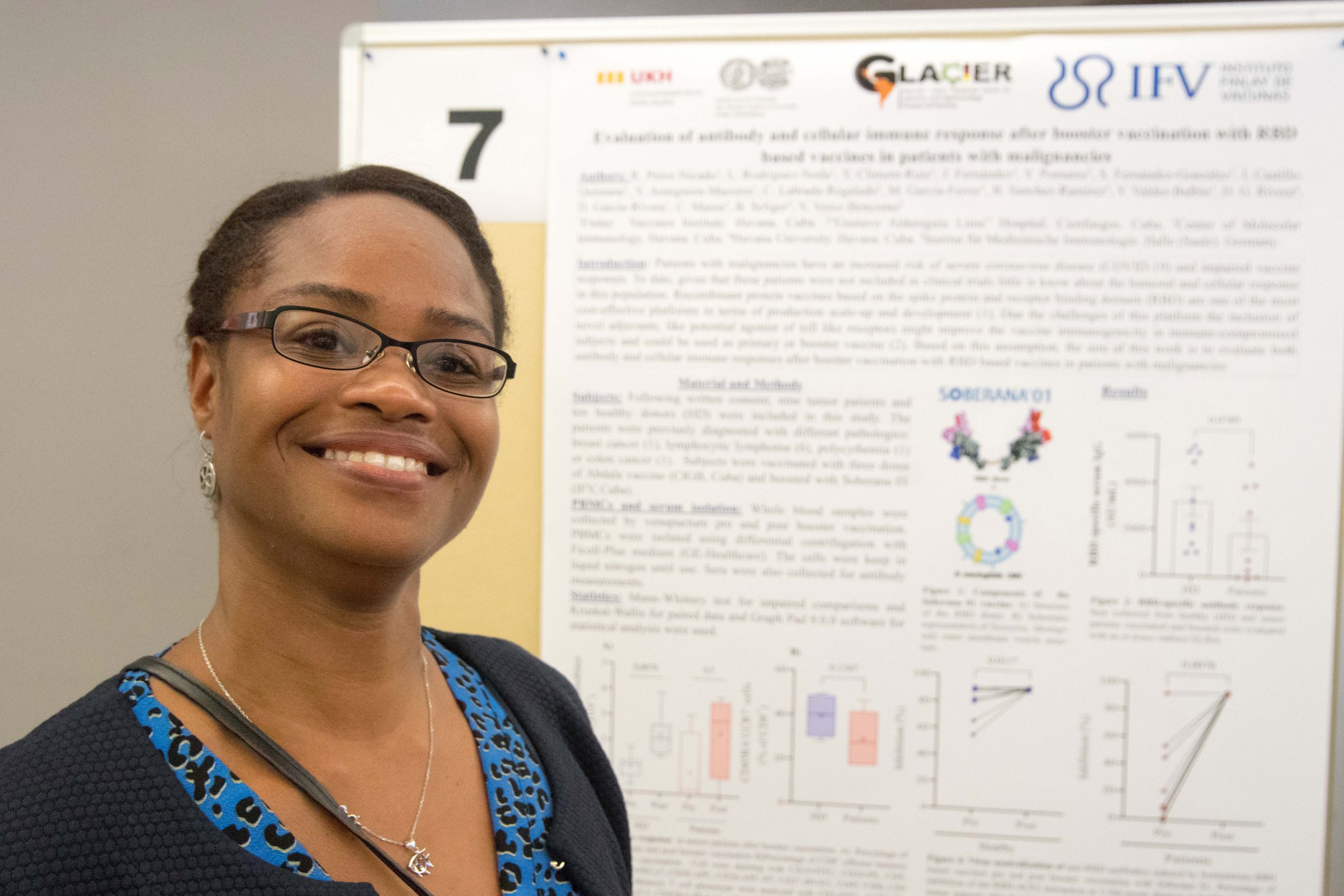
Rocmira Perez Nicado, GLACIER scholarship holder at the TIMO conference, 7. July 2022, Halle (Saale). Photo: Michael Hötzel DGPh
No members currently associated with this centre.

DIGI-FACE – Digital Initative for African Centres of Excellence represented by:
University of Applied Sciences Kehl
Kehl Institute of Applied Research (KIAF)
Projects International Cooperation and Development
Kinzigallee 1, D- 77694 Kehl
+49 7851 894143
https://www.hs-kehl.de/
Contact: digiface[at]hs-kehl.de
Developed by Viewport / WordPress Guys
Opt-out complete; your visits to this website will not be recorded by the Web Analytics tool. Note that if you clear your cookies, delete the opt-out cookie, or if you change computers or Web browsers, you will need to perform the opt-out procedure again.
You may choose to prevent this website from aggregating and analyzing the actions you take here. Doing so will protect your privacy, but will also prevent the owner from learning from your actions and creating a better experience for you and other users.
The tracking opt-out feature requires cookies to be enabled.
Not sure which status you have? Have a look at the list below to identify the right role for your profile.
| Cookie | Duration | Description |
|---|---|---|
| cookielawinfo-checbox-analytics | 7 days | This cookie is set by GDPR Cookie Consent plugin. The cookie is used to store the user consent for the cookies in the category "Analytics". |
| cookielawinfo-checbox-functional | 7 days | The cookie is set by GDPR cookie consent to record the user consent for the cookies in the category "Functional". |
| cookielawinfo-checbox-others | 7 days | This cookie is set by GDPR Cookie Consent plugin. The cookie is used to store the user consent for the cookies in the category "Other. |
| cookielawinfo-checkbox-necessary | 7 days | This cookie is set by GDPR Cookie Consent plugin. The cookies is used to store the user consent for the cookies in the category "Necessary". |
| cookielawinfo-checkbox-performance | 7 days | This cookie is set by GDPR Cookie Consent plugin. The cookie is used to store the user consent for the cookies in the category "Performance". |
| viewed_cookie_policy | 7 days | The cookie is set by the GDPR Cookie Consent plugin and is used to store whether or not user has consented to the use of cookies. It does not store any personal data. |
